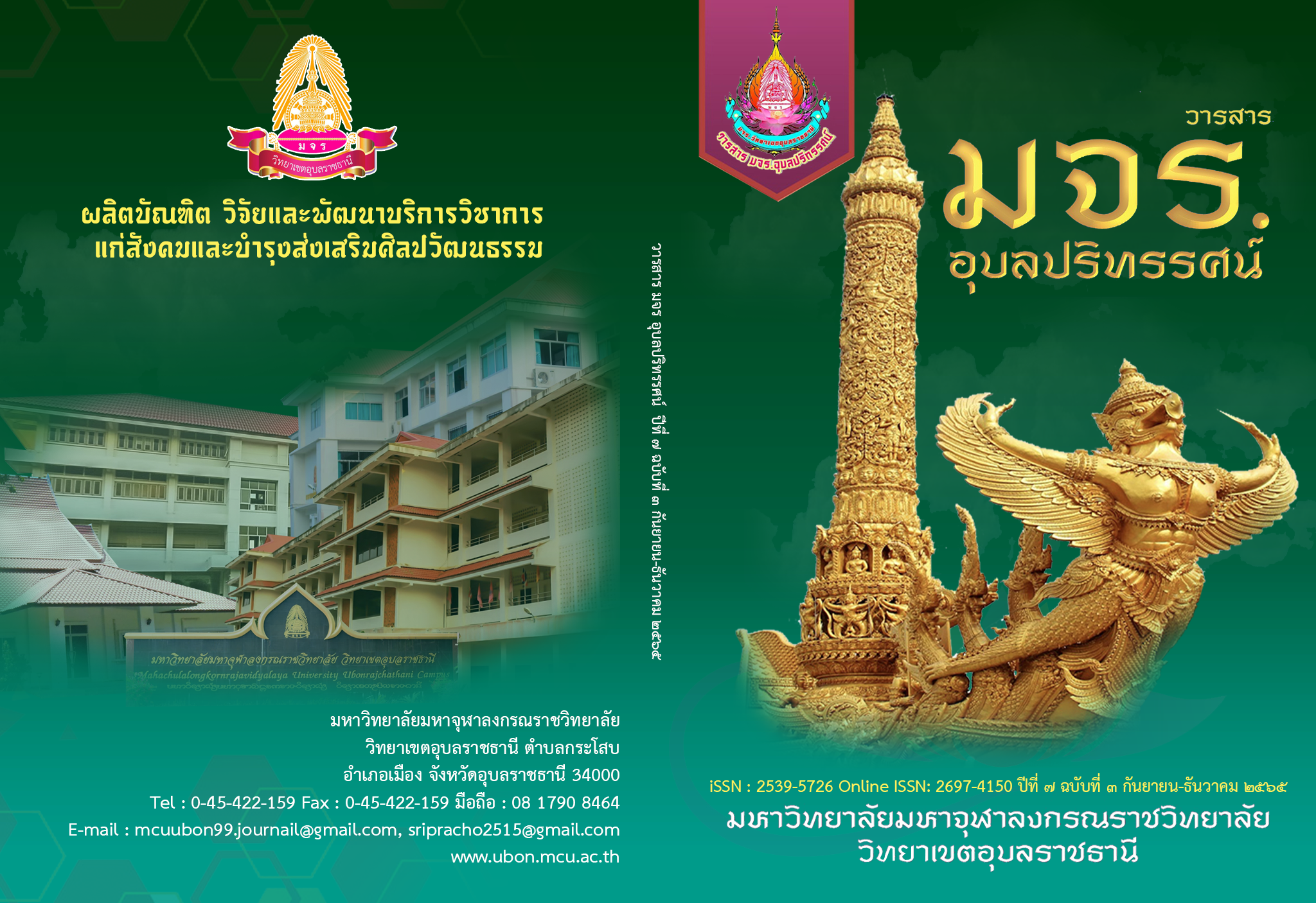ON THE DIFFERENCE OF THE FUNCTIONAL DEMAND ANALYSIS IN THE CONSTRUCTION OF CHINA’S NATIONAL CULTURAL DATABASE
Main Article Content
Abstract
In the 21st century, with the arrival of the cloud era, the continuous development of science and technology and the opening of the country,it has become the top priority of China to export culture, strengthen the soft power of national culture and build a cultural power. The premise of building a cultural power is to carry forward the excellent traditional culture of China of five thousand years. Today, China's cultural database construction is still guided by separate policies and exclusive to some only for use, resulting in repeated investment and construction, which is serious; In addition, the degree of data standardization is not high. Therefore, it is urgent to improve and build a national cultural database belonging to China. So the purpose of this study is to explore the needs of users for cultural database, so as to build a Chinese cultural database that meets the needs of users.Through literature analysis, this study investigated the current situation of the development of China's cultural database, then conducted a questionnaire survey to collect the functional needs of users for China's cultural database, and finally drew a conclusion and constructed a database of Chinese culture that meets the needs of users, and then better promoted the inheritance and protection
Article Details
References
Vishal Kumar.(2020.07.30).What is Cultural Data?.Retrieved from :
https://medium.com/@vishalkumarlondon/what-is-cultural-data- 89c18612b109
Weller,S.C., & Romney, A. K. (1988). Systematic data collection (Qualitative
Research Methods Series,No.10). Newbury Park,CS:Sage.
Cai Limin. (2018). Culture prospers the country, culture prospers the nation People's
weekly (12), 68-69
Chen Yuxiang & Li Yi. (2021). The "dual mission" of digital cultural industry
development: logic, challenges and paths Nanjing Social Sciences (05), 169-
Doi: 10.15937/j.cnki.issn1001-8263.2021.05.020
Gao Hongcun & Ji fenye. (2021) Regional breakout, cluster aggregation and
Institutional Innovation -- a broad vision of high - quality development of cultural industry during the 14th five - Year Plan period Administrative reform (02), 16-27doi:10.14150/j.cnki.1674-7453.2021.02.002.
Hao Zhihui. (2020). Comparison of resource characteristics and achievement
utilization between Taiwan digital archive plan and mainland digital archive Archives of electromechanical warships (01), 38-40
Huo guihuan. (2016). The key is "what is culture" -- on the inheritance and
development of Mr. Jiang Tianji's cultural philosophy research career Journal of Huazhong University of science and Technology (SOCIAL SCIENCE EDITION) (02), 9-16. Doi: 10.19648/j.cnki.jhustss1980.2016.02.002
Jiang Xin. (2014). Research on LED lamp design based on user demand (Master's
thesis, Shandong University)
https://kns.cnki.net/KCMS/detail/detail.aspx?dbname=CMFD201501&filename=1014312662.nh
Li Yubo. (2017). Research on user demand analysis based on text data mining
technology (Master's thesis, Harbin Engineering University) https://kns.cnki.net/KCMS/detail/detail.aspx?dbname=CMFD201801&filename=1018081536.nh
Long Shengjie. (2013). Discussion on design ideas based on user needs and product
levels Mechanical design (06), 126-128. Doi:10.13841/j.cnki.jxsj.2013.06.024
Lu Chunyan. (2021) User demand analysis of experiential products based on online
comment text mining (Master's thesis, Shanxi University of Finance and Economics) https://kns.cnki.net/KCMS/detail/detail.aspx?dbname=CMFD202102&filename=1021045012.nh
Peng Hui. (2015). Interpretation of product information representation design based
on implicit demand Packaging Engineering (20), 104-107. Doi: 10.19554/j.cnki.1001-3563.2015.20.025
Qi Feng. (January 25, 2021). National cultural big data standard system. Cultural
industry review. Extracted from: https://mp.weixin.qq.com/s/XE39qZac7KSUuu0xURSaBw
Tian Xuejun & Xiong Yi. (2017). Interactive research on cultural classification,
cultural development and cultural promotion Journal of North China University of water resources and hydropower (SOCIAL SCIENCE EDITION) (05), 73-78. Doi: 10.13790/j.cnki.issn1008-4444.2017.05.018
Wang Xinhai, Wang Zhihong & Yang Hongyu. (2010). Research on Implicit Demand
Evolution Model Based on information cognition and value perception Journal of intelligence (S1), 84-88
Wu Jiazhu. (1998). Current situation and main problems of China's database industry.
Modern library and information technology (02), 3-6
Jiang Hong & Wang Wei. (2013). Experience of the construction of cultural heritage
archive database resources in the United States, Japan and Taiwan Archives
newsletter (05), 58-62. Doi: 10.16113/j.cnki.daxtx.2013.05.002
Xu menyou & Deng Lijun. (2020). Journal of Xi'an University of Finance and
Economics (03), 5-11. Doi: 10.19331/j.cnki.jxufe.2020.03.001
Yan Shuang. (2019) Research on the integration of archival information resources
from the perspective of public cultural needs (Master's thesis, Heilongjiang University) https://chn.oversea.cnki.net/KCMS/detail/detail.aspx?dbname=CMFD202001&filename=1019074258.nh
Zhang de. (1997). Organizational behavior (page 35). Beijing: Higher Education
Press
Zhang Limei. (2013). Research on the current situation and Countermeasures of
enterprise oriented government online database construction (Master's thesis, Xihua University) https://chn.oversea.cnki.net/KCMS/detail/detail.aspx?dbname=CMFD201401&filename=1013365605.nh
Zhao Xiaolu. (2018) Research on the construction mode of public cultural resources
database from the perspective of "Internet +" (Master's thesis, Shandong University) https://chn.oversea.cnki.net/KCMS/detail/detail.aspx?dbname=CMFD201901&filename=1018118265.nh

